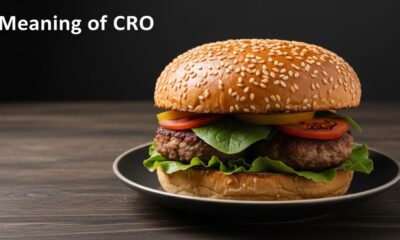

What is CRO? This question is commonly asked in business, digital marketing, cryptocurrency, and even healthcare industries. The term CRO can have multiple meanings depending on...


is an advanced digital learning platform designed to simplify complex geometric concepts through interactive tools, structured lessons, and engaging practice modules. In today’s fast-evolving educational landscape,...


are interactive learning activities designed to help students understand and apply the rules of uppercase and lowercase letters correctly. In both traditional classrooms and digital learning...


Foris Dax Inc has become a name frequently mentioned in conversations about digital finance, cryptocurrency platforms, and global payment innovation. As the digital economy continues to...


Palo azul is a traditional herbal remedy known for its vibrant blue hue when brewed into tea. Native to regions of Mexico and parts of the...


In today’s fast-changing digital landscape, Hentquz has emerged as a term that sparks curiosity and innovation. Whether you are a business owner, digital enthusiast, or researcher,...


A Weber Grillvorführung is more than just a product demonstration; it is a live culinary experience designed to showcase professional grilling techniques, innovative barbecue equipment, and...


Viltnemnda plays a vital role in wildlife governance and environmental stewardship across local municipalities. The term refers to a municipal wildlife board responsible for managing wild...


In the digital era, Kerkt is making waves as a platform designed to enhance the interaction between creators and their audiences. With the rising demand for...


In today’s rapidly evolving digital landscape, OpenSkyNews stands out as a powerful and innovative platform that redefines how readers consume information online. As audiences increasingly demand...